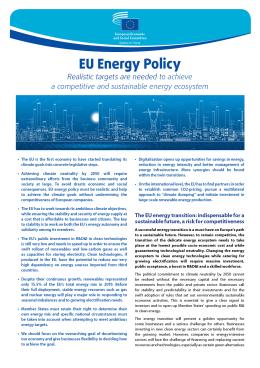European Economic
and Social Committee
Venemaa
ELi ja Venemaa järelevalvekomitee on komiteesisene organ, mis vastutab suhete eest Venemaa kodanikuühiskonnaga.
Pärast seda, kui Vene Föderatsiooni võimud alustasid sõjategevust Ukraina vastu 24. veebruaril 2022, vaigistati Venemaa vaba kodanikuühiskond eriseaduste ja laienevate repressioonidega ning paljud režiimi kritiseerijad on sunnitud eksiili.
Praeguses raskes olukorras on komitee otsustanud hoida ukse dialoogipidamiseks avatuna ELi territooriumil asuva ELi territooriumil viibiva Venemaa kodanikuühiskonna sõjavastase osaga.
See on soodustanud viljakat teabe- ja arvamuste vahetust selle üle, kuidas peaksid kahepoolsed suhted kujunema pärast sõda ning riigi naasmist vabaduse ja demokraatia teele.
